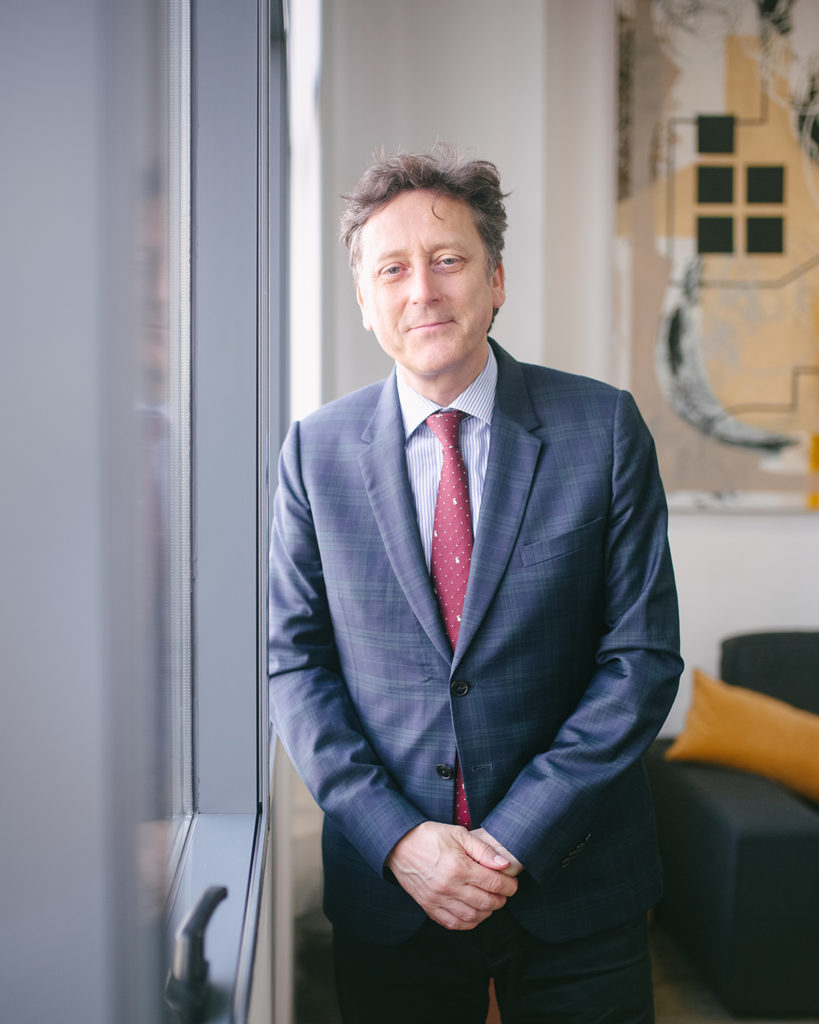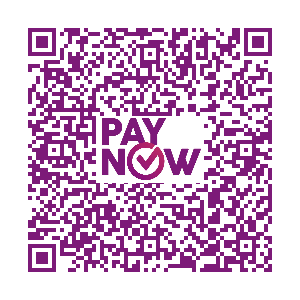
Regional CEO, Eagle’s Flight Asia Pacific
Board Advisor to Halogen Foundation
Influence is something that Mr. Andrew Thomas is no stranger to. A veteran of the communications and public relations sector, Andrew looks at influence and its ability to make change – for better or for worse. “Anything that allows an individual to influence anything – whether it’s influencing a situation, influencing other people, or influencing a narrative – it should be done with respect and responsibility. Unfortunately, a lot of the time it isn’t.”
We live in an age where anyone can pick up a mobile phone and suddenly they are in a position of influence. Social media has given a voice to the man on the street, and young people more than ever before have an unprecedented access to not just make their opinion public but also directed to a captive audience. This paradigm shift has resulted in an interesting dynamic: Youths now have a power more than ever to do good, or to perpetuate bad.
“What I see in young people is that they are today more outspoken and confident in their ability to influence. This means that if they see something wrong with society, or want to mobilise others for good, they can take action very quickly. However, if they don’t respect this and be responsible, what happens is that they can manipulate opinions and environments.”
There is no shortage of example of this in recent years. What is popularly described as ‘echo chambers’ in social media networks, and how some people used influence to sway large outcomes have dominated discussions worldwide on the implications of influence and how we limit that. But limiting influence is not the right question. Limiting a person’s influence is not just an arduous task; it is also one that does not solve the root problem: Helping people parse influence is a big part of the solution.
“I always suggest to people that as they set out to influence, they should stop and ask themselves: How does this fit into my collective world view? What are my motivations in this? What am I myself being influenced by? Am I being manipulated or is this something I genuinely believe in? And to stay committed to this cause as they make it a part of who they are.”
What is interesting is how the onus shifts from the influencer to the influenced. It is upon the revelation of how one receives information and allows oneself to be swayed by that information, that people are able to better influence when it comes to their turn.
“The challenge associated with the power of influence that we’ve all been given and the liberation of the ability to influence is that we all carry massive bias, and understanding and respecting other people’s world views rather than using influence as a tool to beat somebody over the head with is something that is missing. We need to ask ourselves: How do we as individuals get the best out of each other?”
